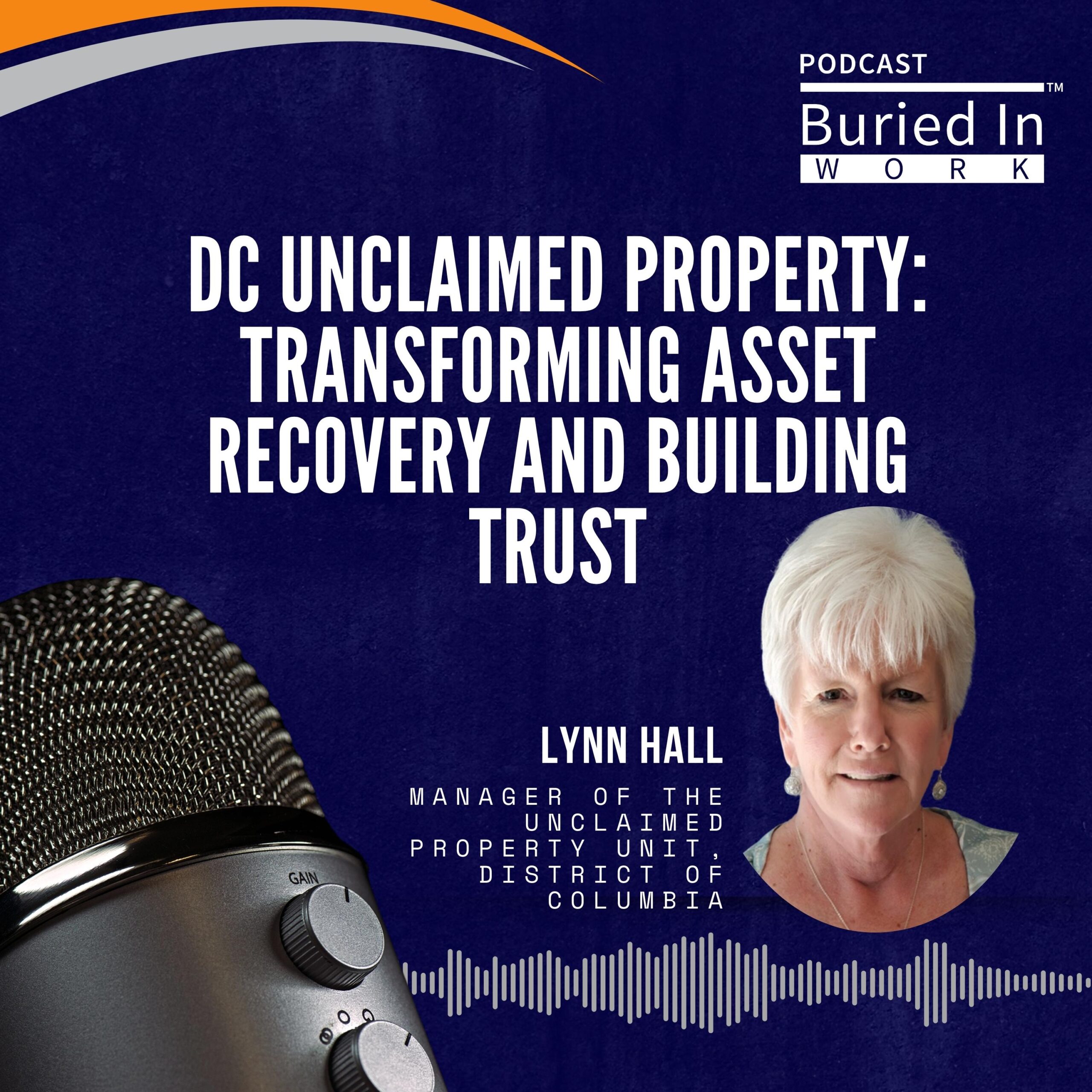Tracking Your Residence History
The Residence History Hub
Keeping a record of your past residences isn’t just about nostalgia—it can be a valuable tool for financial organization, estate planning, and even uncovering unclaimed property. Over time, people forget about security deposits, old bank accounts, pensions, or other assets tied to previous addresses. Having a clear record of where you’ve lived makes it easier to track down missing assets, verify legal documents, and ensure a smooth estate settlement process for your loved ones.

Key Things To Know
Keeping track of your past addresses helps with financial organization, estate planning, and identifying unclaimed property or forgotten assets.
- Past addresses can lead to unclaimed assets: Old addresses are often tied to forgotten bank accounts, refunds, or security deposits.
- Proof of residency may be required for legal or financial matters: Past addresses can help verify identity, inheritance claims, or property ownership.
- Keeping a record simplifies estate planning: Knowing where you’ve lived helps heirs track down potential assets and legal documents.
- Certain benefits are tied to residence history: Some pensions, government benefits, or class-action settlements may require proof of prior addresses.
- Organized records prevent unnecessary searches: Having your residence history in one place saves time when retrieving old records or applying for financial benefits.
Checklists, Guides, & Resources
Buried in Work offers a variety of checklists, guides, and other resources. Below are some of the most popular ones related to this information hub.
Find A Service Provider Near You
Need professional assistance? Use our directories to find trusted service providers near you who specialize in estate planning, end-of-life organization, and related services.
Articles
Frequently Asked Questions
Have questions about documenting your residence history? Here are answers to common concerns about why it matters and how to keep it organized.
Disclaimer: The information provided on this website and by Buried in Work is for general informational purposes only and should not be considered legal advice. Please consult with a qualified attorney or subject matter expert for advice specific to your situation.



